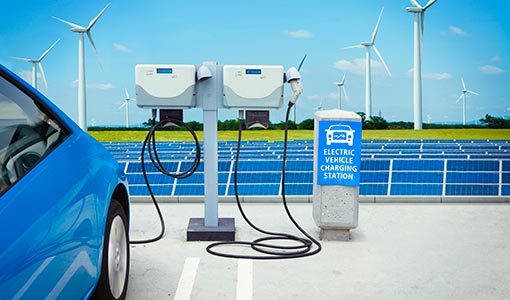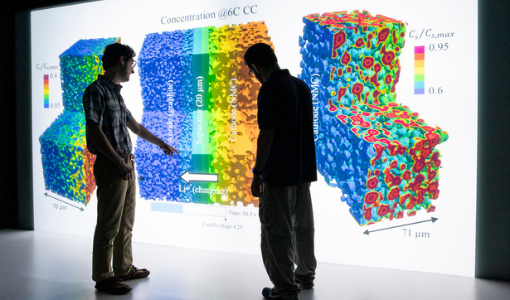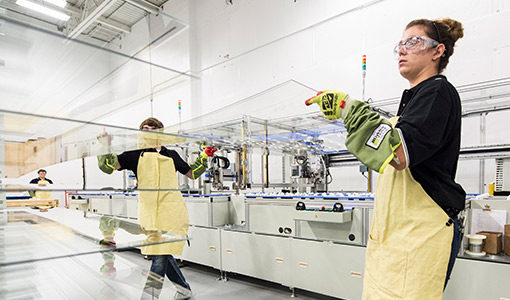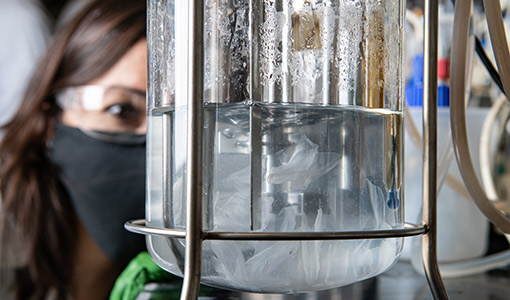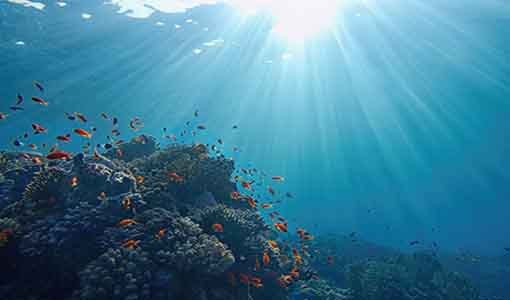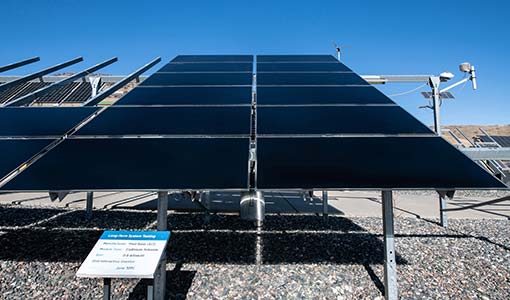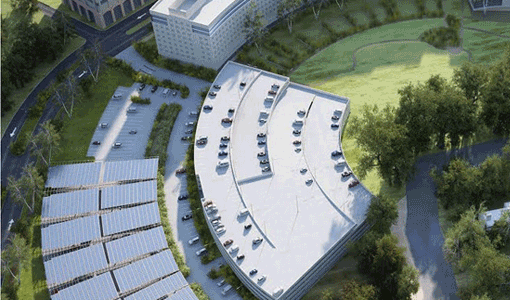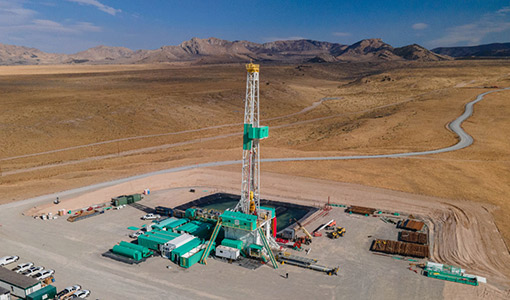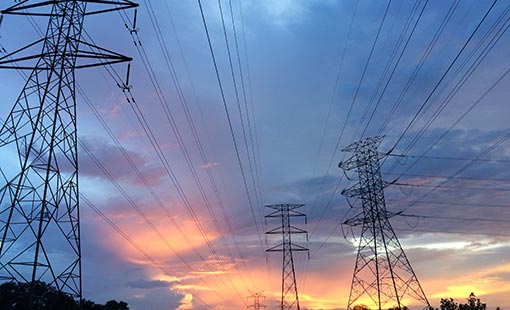Explore our collection of new stories for this topic.
Search or filter for a specific story using the options below.
July 2021
Charging Infrastructure Analysis Aims To Help California Meet Zero-Emission Vehicle Goals
Leveraging its data science expertise and state-of-the-art modeling and analysis tools, NREL is helping the California Energy Commission pinpoint the number of electric vehicle chargers needed to meet the state’s ambitious zero-emission vehicle and greenhouse gas reduction goals.
News Release: NREL Elevates Two to Prestigious Senior Research Fellow Roles
NREL elevated two principal scientists to the position of senior research fellow, Joseph Berry and Ingrid Repins, who, along with the current research fellows, will advise NREL executive management on the strategic direction of science and technology research and ensure NREL's work continues to meet the highest standards.
Microstructure Analysis ToolBox Changes the Game for Heterogeneous Material Modeling
Microstructure-scale modeling carried out by NREL over the past five years has culminated in the newly released Microstructure Analysis ToolBox (MATBOX) dedicated to the meshing, numerical generation, segmentation, and characterization of three-dimensional heterogeneous materials, such as battery electrodes.
NREL, First Solar Celebrate Nearly 30 Years of Collaboration on Cadmium Telluride Solar Cell Research
NREL and First Solar Inc. have been collaboratively breaking ground on thin film solar technology for more than two decades, helping NREL fulfill its goal as a DOE national laboratory of commercializing technology through partnerships, and contributing to First Solar's success in development, manufacturing, and operation of photovoltaic (PV) power plants with technology that still bucks industry trends.
News Release: Analysis Shows Enzyme-Based Plastics Recycling Is More Energy Efficient, Better for Environment
Researchers in the BOTTLE Consortium, including from NREL and the University of Portsmouth, have identified using enzymes as a more sustainable approach for recycling polyethylene terephthalate (PET), a common plastic in single-use beverage bottles, clothing, and food packaging.
University Researchers Dive Into Water Desalination Challenge
In the Waves to Water Prize, competitors from academia are part of the diverse set of pioneers dipping their feet in the water by introducing, expanding, and evolving what is possible for marine energy.
CdTe PV Accelerator Consortium Solicitation Aims To Enhance U.S. Competitiveness in Cadmium Telluride Thin Film Photovoltaic Technologies
DOE's Solar Energy Technologies Office announced $20 million for the Cadmium Telluride (CdTe) Photovoltaic (PV) Accelerator Consortium Solicitation to formalize the leadership of a consortium that will identify the technology development priorities to impact the entire domestic CdTe supply chain.
NREL Creates Blueprint To Help Expand Deployment of Grid-Interactive Efficient Building Technologies in Federal Performance Contracts
NREL researchers have crafted a guide to using federal energy performance contracting to transform U.S. General Services Administration buildings into tomorrow's energy-efficient, grid-interactive facilities.
News Release: New NREL Report Details Current State and Vast Future Potential of U.S. Geothermal Power and Heat
A new publication from NREL showcases the current state of geothermal energy use in the United States and provides an outlook to a future where geothermal power and heat can play a key role in the national transition to a renewable, decarbonized energy system.
2021 Annual Technology Baseline Adds Technologies, New Data Features To Support High-Impact Energy Analysis
The 2021 Annual Technology Baseline offers new and improved electricity-generation technology cost and performance data to inform high-impact U.S. electricity-sector analysis.
Share
Last Updated May 5, 2025

